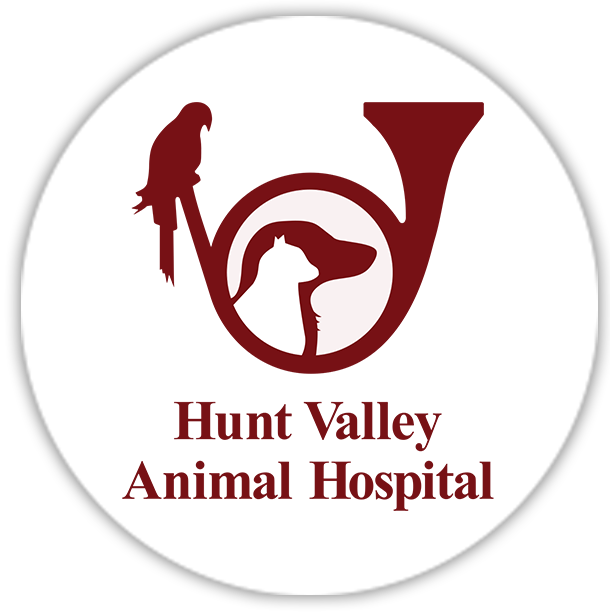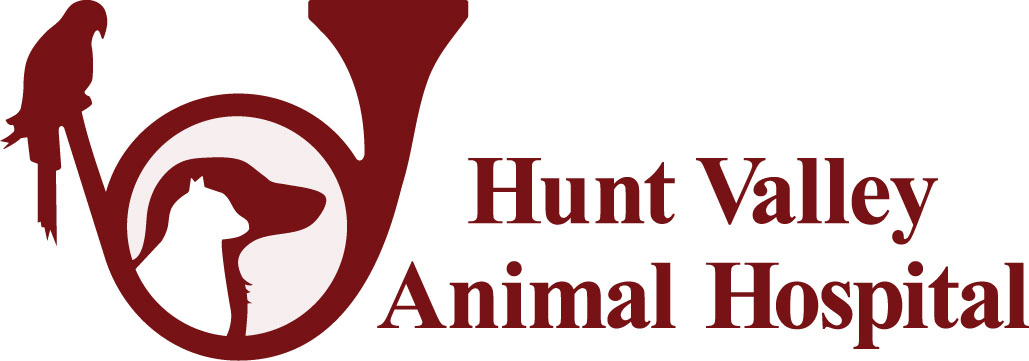Dog & Cat Cystoscopy
At Hunt Valley Animal Hospital our approach to pet wellness includes a blend of modern-day veterinary techniques and ancient healing therapies. One cutting-edge technique we use in diagnosing urinary wellness is cystoscopy. This minimally-invasive procedure, which is performed under anesthesia, involves threading a thin tube which has a light and camera on the end, through your pet’s urethra and into its bladder.
Before the procedure we will perform blood tests and other analyses to gauge your pet’s ability to tolerate the anesthesia. It is generally recommended that your pet refrain from eating for at least twelve hours prior to the procedure. The cystoscopy is performed in the relaxed surroundings of our veterinary facility. Once your pet is comfortably sedated we fill the bladder with a sterile saline solution. This inflates the bladder to a point where we can insert the scope through the urethra and inspect it for any abnormalities, stones, lumps or masses.
We carefully monitor your pet’s vital signs at all stages of the procedure. A cystoscopy allows for magnification, so our veterinarian can get an in-depth picture of how well your pet’s bladder is functioning. We often take photos or video for further study. During the procedure our veterinarian may also obtain tissue samples for further evaluation or place a catheter to help the flow of urine. The total time can be about twenty minutes to an hour, depending on what we encounter.
After the cystoscopy your pet will stay at our animal hospital for a short period of observation. We may release your pet that day or the next, depending on how well your pet responds to the anesthesia. Your pet will experience minimal discomfort and should be able to resume normal activities. If you do notice any unusual symptoms be sure to contact us immediately.
Veterinary Services for Your Pet’s Urinary Health
Your pet’s ability to properly process and dispose of waste is crucial to its overall wellness. That is why our animal hospital offers cystoscopy as one of our veterinary services. This procedure allows our Hunt Valley veterinarian to look for polyps or tumors and urethral stones, as well as diagnose the cause of any urinary tract infections.
The major symptoms which may prompt us to recommend a cystoscopy are blood in your pet’s urine, straining to urinate, persistent discharge, bladder stones, and urinary incontinence. If you or our doctors notice any of these symptoms a cystoscopy may be used to aid in the diagnosis process and uncover any underlying medical abnormalities. Our doctor may also want to further examine any masses that are detected during the annual examination or through x-rays. Depending on the results our doctor may recommend medications, surgery, or possible collagen implants to help reduce the potential for urinary incontinence.
If your pet experiences urinary difficulties, turn to our professionals at Hunt Valley Animal Hospital, with over 30 years of superior client service and compassionate care for your pet.
Does your pet need his or her urinary health checked?


